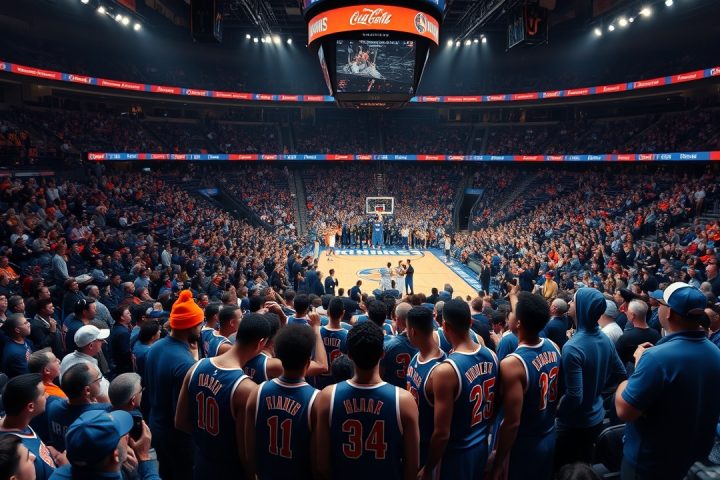WBA’s Recent Decision and Its Implications
The recent decision by the World Boxing Association (WBA) reveals more about the intricate politics of boxing than it does about the actual titles at stake. Terence Crawford has successfully retained his prestigious WBA Super Champion title in the 168-pound weight class, while Abass Baraou has emerged as the sole champion in the super welterweight category.
Strategic Discussions Behind the Decision
This outcome was not random but the result of strategic discussions within the WBA, the oldest governing body in boxing. A mix of legal experts, rating evaluators, and political strategists were engaged in the decision-making process, facing the challenge of how to satisfy their most prominent athlete while ensuring their divisions did not descend into chaos.
Crawford’s Special Permission and Historic Victory
Crawford, hailing from Omaha, Nebraska, was granted special permission by the WBA to focus on a high-profile bout against Canelo Álvarez, allowing him to forego obligations at the 154-pound level. His successful performance against Álvarez solidified his status, making it clear the WBA would not strip him of his title—especially after such a historic victory. Crawford’s significance transcends titles, with his ability to attract a wider audience being a crucial asset for the organization.
Baraou’s Ascension to Champion
Conversely, the super welterweight title had languished without a legitimate champion for a considerable duration, with interim fights leading to confusion among fans and participants. A series of events led to Abass Baraou’s ascension; after defeating Yoenis Tellez, who had previously won against Julian Williams, a logical resolution was to promote Baraou to full champion, thereby cleaning up the division.
Public Reception and Future Implications
Prior speculation regarding the outcome was noted before Crawford’s monumental fight, which unfolded in a packed Allegiant Stadium in Las Vegas, where it garnered an audience of over 70,000 live attendees and was watched by more than 41 million households via Netflix. The WBA’s decision ultimately reflects a balancing act: solidify Crawford’s legendary status while also giving Baraou the recognition he deserves as a champion in Germany.
Conclusion: The Role of Sanctioning Bodies
This decision follows a routine pattern for sanctioning bodies, aiming to maintain stability by protecting star athletes, organizing their respective divisions, and managing public perception. The WBA’s latest moves serve to benefit Crawford, highlight Baraou, and keep their organization in the public eye—a textbook example of how boxing organizations function behind the scenes.




